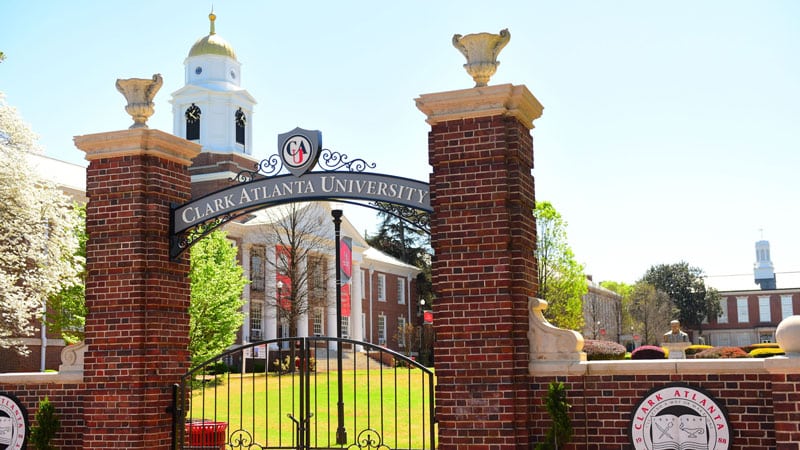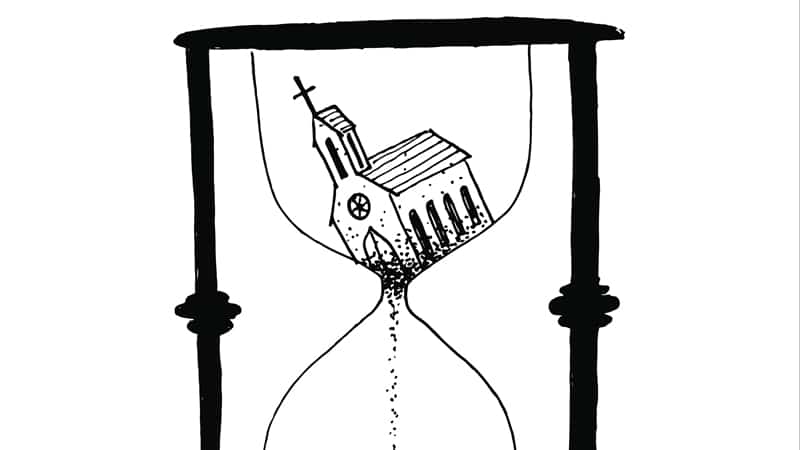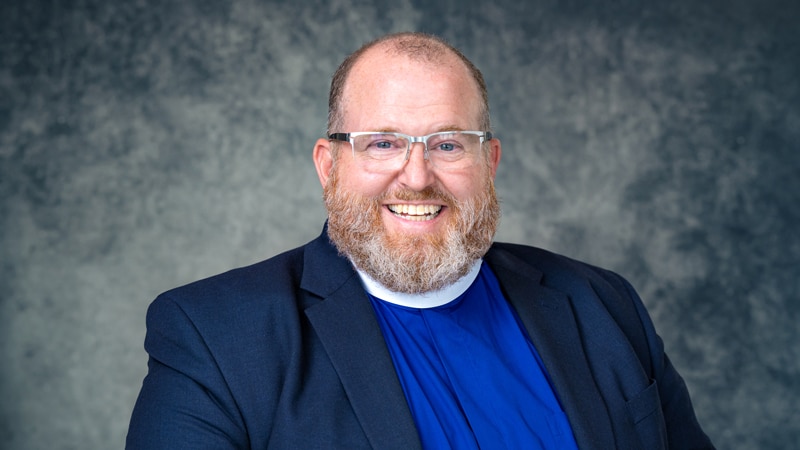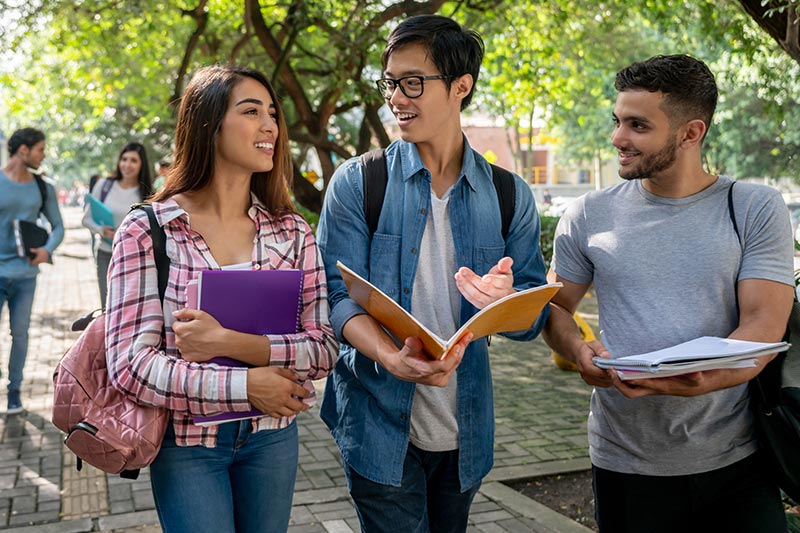Military chaplains reflect on sacred duty to walk with service members
Memorial Day honors the cost of military service in the lives lost and those changed. United Methodist-endorsed military chaplains across the armed forces walk beside the living, those who carry visible and invisible wounds of war.
“As chaplains, we walk with personnel through those battlefields, both physical and emotional,” said Chaplain Jennifer Bowden with the Coast Guard. “We are a constant presence when everything else is uncertain.”
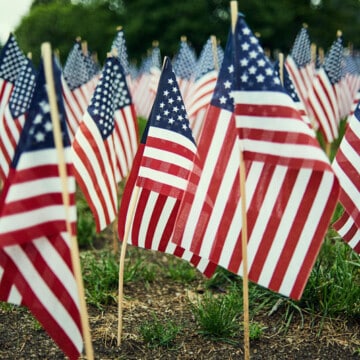
Memorial Day honors the cost of military service in the lives lost and those changed. United Methodist-endorsed military chaplains across the armed forces walk beside the living, those who carry visible and invisible wounds of war.
Military chaplains provide spiritual and emotional care to service members and their families, performing sacraments, leading worship and offering counseling. They help service members carry the emotional weight of remembrance.
“There is an expectation when someone is going through a difficult time that you are there,” Bowden said. “Those midnight calls remind me that we are the presence of God in tough times for a lot of people.”
Currently, 154 United Methodist-endorsed chaplains serve in the military with 60 in the Army, 49 in the Air Force, and 45 in the Navy, including the Marines and Coast Guard.
“We walk into the dark valleys of grief, tragedy and trauma,” Chaplain Karen Meeker said. “A tragedy like the one that happened at Ronald Reagan Washington National Airport impacted many people across the Department of Defense. I reach out not just to the directly affected but also to the chaplains who ministered during memorials and gravesides. It’s an honor to wear the sacred cloth of the U.S. Army and wear the cross of my Savior.”
Air Force Chaplain Kim Hall said chaplains are “the visible presence of the holy” in moments of sorrow and reflection. “To be able to do God’s bidding and be utilized by God is a blessing and a privilege,” Hall said. “I’m reminded how precious and rewarding it is when someone says, ‘You don’t know what your words meant to me.’”
Chaplains are vital to preserving both mission readiness and moral clarity. “My role is to keep the system just — to ensure we are the best in war and as human beings,” Air Force Chaplain Luigi Perez Perez said. “Chaplains protect our humanity. I remind myself of God’s call to love all, walk humbly, have mercy and act justly.”
Bowden agreed. “Chaplains are calm in the midst of a storm. We are peace in the midst of chaos,” she said. “We help people remember that there is something much greater than ourselves—and that no one walks through grief alone.”
Learn more about these UMEA military chaplains
Related Posts
“[The Black College Fund] provides the consistent operational support needed to stabilize the institution in an era when many universities face unpredictability. This support ensures our schools can meet payroll, retain talent, and focus on long term strategic planning — not crisis management," said Dr. George T. French, Clark Atlanta University president.
Now, in a new office and new setting, that Scott Erickson print hangs proudly. You’ll see it just over my shoulder on Zoom calls, reminding me that What I love is God and God’s people coming together, wherever and however we may do so.
As the chaplain and director of the Kay Spiritual Life Center at American University in Washinton, D.C., the Rev. Eric Doolittle approaches campus ministry with the same spirit that Lent invites: a season of looking again, slowing down, and seeing the world anew.
